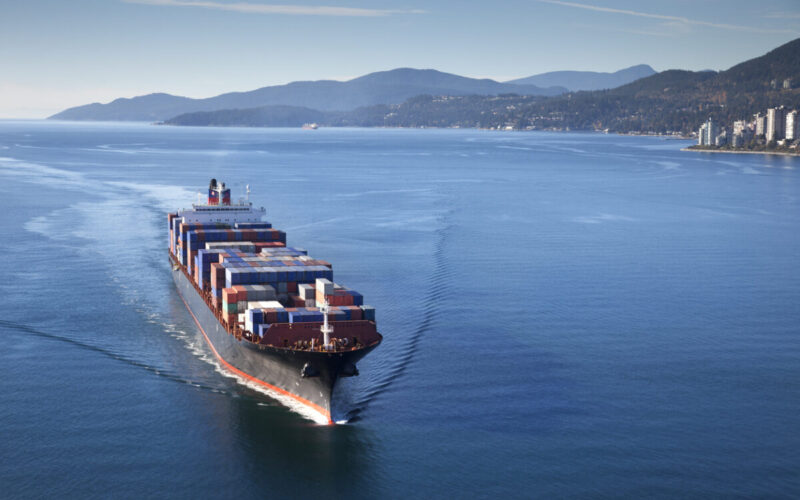Bearing AI has updated its Fleet Deployment Optimizer (FDO) solution that promises to revolutionise how shipping companies manage emissions.
This update is in light of the new EU Emissions Trading System (EU ETS) rules. With the implementation of this legislation, all ships calling at ports in the European Economic Area are held accountable for their carbon emissions through EU Allowances (EUAs), a duty with significant financial consequences.
Bearing AI intends to tackle this difficulty with a new EUA forecast and simulation capabilities. When users upload a vessel schedule to the FDO platform, our powerful AI calculates particular vessels’ EU ETS responsibilities for that schedule.
This enhanced function can reportedly offer an early estimate of the EUAs for a single journey or the deployment strategy for the remainder of the year before a single vessel leaves the dock.
This new functionality also supports the simulation of alternative deployments and vessel distributions to identify the most economically advantageous and eco-friendly schedules.
READ: Bearing AI, Hapag-Lloyd launch AI-powered vessel emissions tracker
Dylan Keil, Co-Founder and CEO of Bearing AI, said: “In our commitment to propel the maritime industry towards a more sustainable and economically viable future, the updated FDO platform stands as a testament to Bearing AI’s innovative spirit.
“Navigating the complexities of EU ETS compliance is no small feat, and with this upgrade, we aim not just to simplify compliance but to empower our clients to make strategic decisions that benefit both their bottom line and the planet.”
Real-time EUA forecasts appear alongside critical trip information such as emissions estimations and the vessel’s predicted Carbon Intensity Indicator (CII) Rating. This upgrade aims to provide fleet managers with actionable data to make educated decisions quickly and effectively.
According to the company, the tool not only aids in navigating the immediate financial landscape shaped by the EU ETS but also aligns with long-term environmental stewardship by facilitating proactive carbon footprint management.








